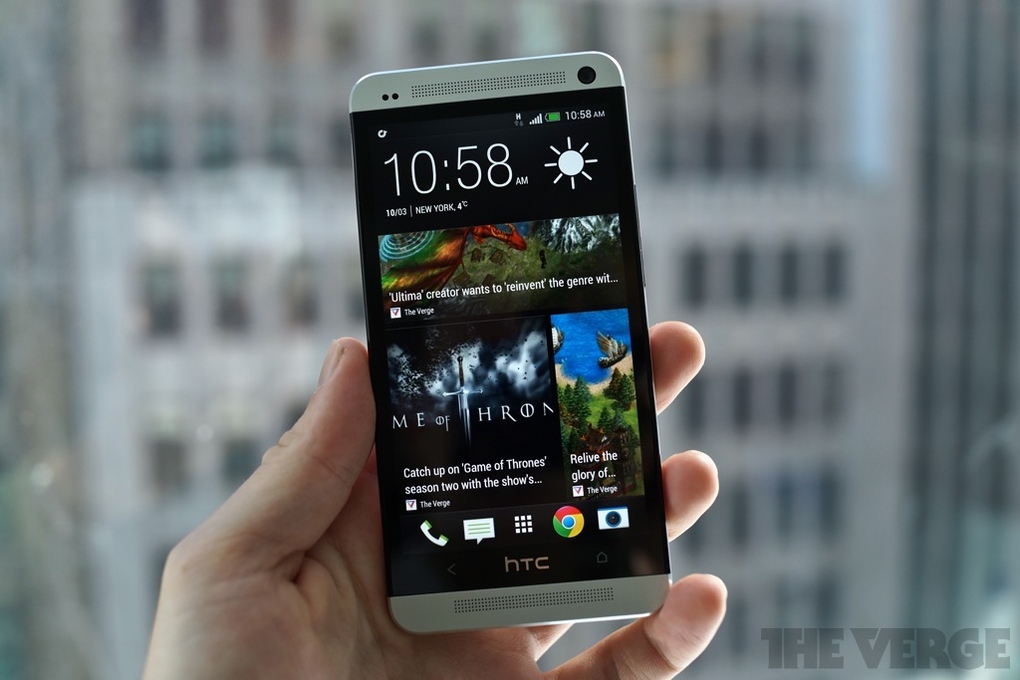I make fun (barely) of some who I think is too conservative, for example those who are too much enamoured by the smell of a paper book to imagine they could ever get the same pleasure from the same story in ebook form. But then I find that we all have mind inertia on some level, and usually we can't see it.
For example, it took me years of using digital cameras to really get used to the fact that I no longer had to pay for every frame I shot.
Similarly: a friend just mentioned a book she'd like to discuss with me if I'd read it. Well, I hadn't, but I looked at it and it was within my personal "easy-buy" range, the price limit under which I may buy a book just on the
chance that I might like something in it. (This limit may change according to my current financial health and emotions.) So I just clicked Buy. I feel that if it turns out the book has nothing for me, well, basically nothing is wasted.
In contrast, the paperback was three times the price, plus shipping. But even if it had been as cheap, if I had been sitting there two weeks from now with a book which I'd gotten nothing from, holding a practically useless paper object in my hand, I would have felt a feeling of What a Waste.
Another example: I bought The Complete Virginia Woolf on a whim a few days ago. Earlier, it would have ballooned my already overflowing book shelves. Now it takes up no physical space and can be deleted in a second. Further, in case I hadn't liked it at all, who cares, because out-of-copyright books are free (or close to it if you want better formatting).
It also took me a while to get used to this. For a while, even after I "went over to" ebooks, I felt like I had to read every book I bought. And preferably pretty soon after I bought it. And preferably I should finish it too. In actual fact, neither of these things had been true for years, even with paper books, not since the even of online ordering. But it's only with ebooks, which are never a "waste", that I'm getting used to it, not caring how many unopened or unfinished books are on my device or in the cloud, and shamelessly hopping around between many books I'm reading or trying at once.
===
By the way, Woolf's The Voyage Out contains my second-favorite sentence ever (the first is in Gibson's Mona Lisa Overdrive. Amazingly, they both are descriptions of London!):
"In the streets of London where beauty goes unregarded, eccentricity must pay the penalty, and it is better not to be very tall, to wear a long blue cloak, or to beat the air with your left hand."







